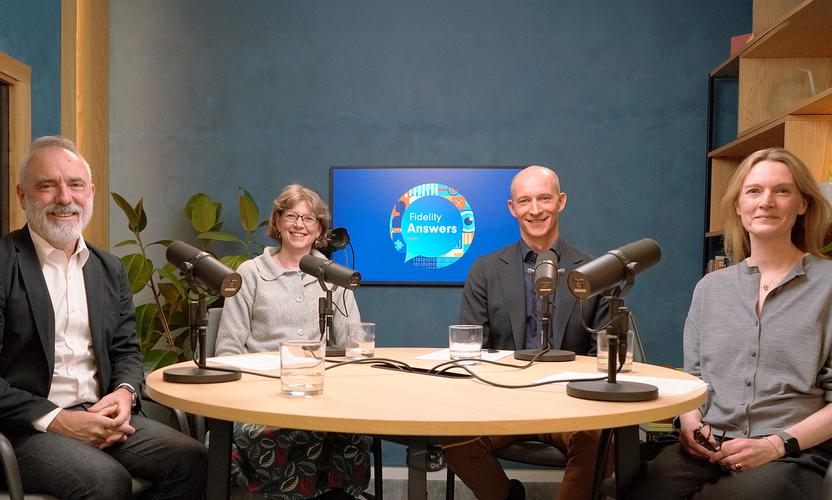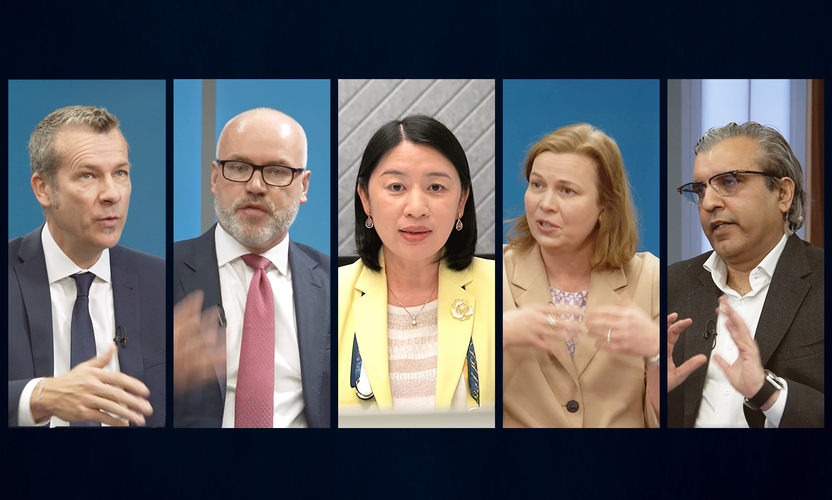Fidelity's global Chief Investment Officer Andrew McCaffery assesses the scale and effectiveness of state intervention that lead to a remarkable second quarter for markets, and summarises his outlook for the third quarter and beyond.
Also covered:
- the new normal for Fidelity staff as lockdown restrictions change around the world, and how we're interacting with clients and invested companies
- what to expect from markets as we get closer to November's US election
- the sharp rise in interest in ESG considerations in conversations with clients
Hosted by Richard Edgar, editor in chief.
Key quotes
On outlook for markets: “The third quarter is likely to be more interesting. The risk is that when we look at markets more broadly, we have a few more elements that will balance out against these impressive tailwinds of authorities that we have seen through improved liquidity and fiscal support and also the data that has recovered. We are also going to see politics come into play - how do you get out of stimulus into a more balanced economy and how much follow through is there to the economic bounce versus that being quite technical in nature.”
On politics and tech companies: “We're going to see the heads of the major tech companies appear in front of a US House committee at the end of July, which could raise the concern that either regulatory, or even tax take from these companies, could be part of the policy framework looking ahead. And that would obviously be a challenge for what have been the leaders of this market environment.”
On sustainability: “I think the challenge and the opportunity come hand in hand. The challenge is how best to address this area, what are the key aspects in terms of your philosophy from an investor point of view. The opportunity for us is the way we've addressed this: in our depth and breadth of research and analysis, to help clients frame that in their portfolios, and in ways that make sense for what they're trying to achieve.”
On Fidelity adjusting to the new normal: “We are already embracing a businesses as usual approach and it has been very effective. It is a testament to the quality of our teams that output has stayed remarkably high and the amount of engagement has actually increased rather than decreased.”









































